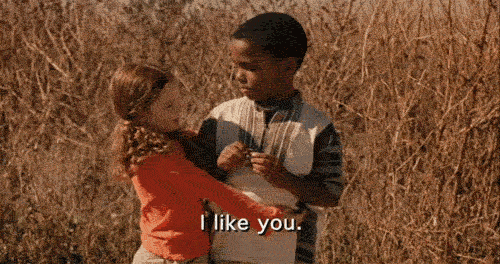Your Brain Plays A Trick On You To Make Rejection Hurt Less

Your brain = a better pal than a tub of Ben & Jerry’s.
We’ve all been there. After a fun night out, the guy/girl from Tinder you’ve been seeing stops talking to you without explanation. Your college friends went to your favorite brunch spot but forgot to text you. Rejection—it’s not fun.

Luckily, our brains are looking out for us when we get rejected. Have you ever felt like people are paying more attention to you after you’re turned down by someone or something? That’s because your brain alters your visual perception to make the world seem more welcoming, according to a study done by Taylor & Francis.
The study authors recruited 40 college students to participate in a three-person computer game called Cyberball. The object of the game was to throw the ball back and forth between the players, but half the players were directed to only pass the ball to each other, excluding the third person.
After the game, participants looked at a series of photos of people either looking directly into the camera or slightly off point. Those who’d been left out of the game were more inclined to report that the people in the photos looking off-center were, in fact, looking at them.
The researchers said the rejected individuals had a wider “cone gaze” than included individuals, because they were searching for signals of inclusion. They concluded “ostracized individuals demonstrated an increased need for belonging”—though the effect had eventually worn off when they looked at a second group of pictures.

It makes sense—humans are social creatures who feel the need to belong. I would argue, however, that the people who experienced rejection maybe felt more self-conscious and that’s why they thought people were looking at them. Either way, it’s good to know our brains have our back when we experience inevitable rejection.
So next time the cute dude at the bar rejects you, it could be a good opportunity to strike up a convo with the next hottie, who you’re convinced is staring back.
